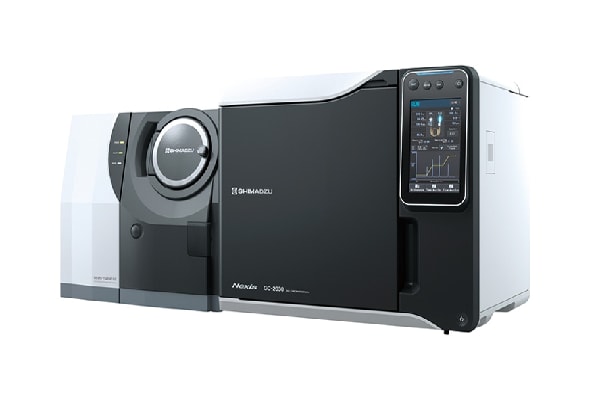
GCMS-TQ™ 8040 NX
・A modified QuEChERS extraction procedure has been employed for quantifying the pesticides at the desirable concentration levels by using Ultra-fast technologies of LCMSTM-8045 and GCMS-TQTM8040 NX. ・Shorter run time of analysis increases the productivity and throughput of the LC-MS/MS and GC-MS/MS system. ・Method employs lower injection volume and lesser flow rate, enhancing column life and stability of assay over longer durations of analysis.
Tea is one of the most refreshing and aromatic beverage consumed globally. To improve quality and quantity of tea production, broad spectrum of pesticides is frequently applied on its crop. Therefore, Maximum Residual Limits (MRL) are listed by various international regulatory bodies for wide variety of pesticides. Thus, increasing the importance of analytical method for determination of a range of pesticides present in tea. Based on these requirements, Shimadzu Application Development Center (ADC) has developed and validated a simple, sensitive and high throughput multiclass, multiresidue method for the determination of 313 pesticides in black tea by using LCMS-8045 and GCMS-TQ8040 NX. The multi-residue extraction was performed with modified QuEChERS method for simultaneous quantification of 203 pesticides by LC-MS/MS and 131 pesticides by GC-MS/MS. Out of these, 21 pesticides were common and analyzed by both the techniques.
November 25, 2021 GMT
Some products may be updated to newer models